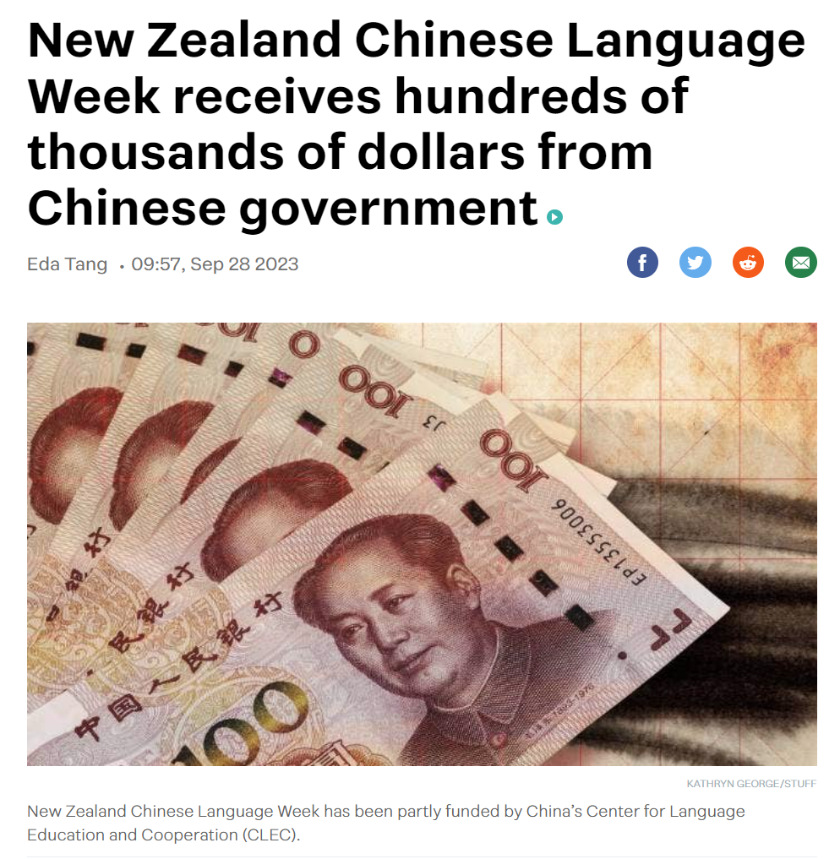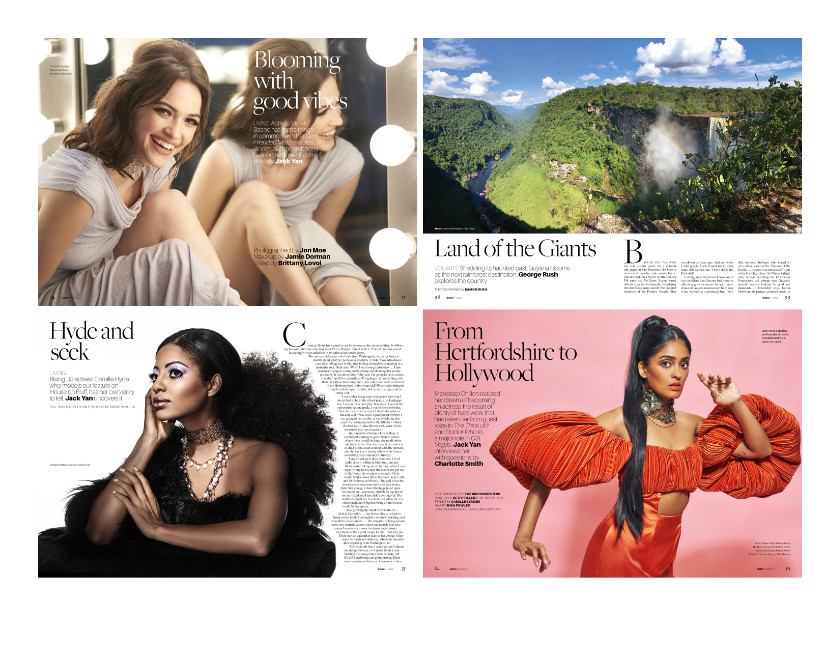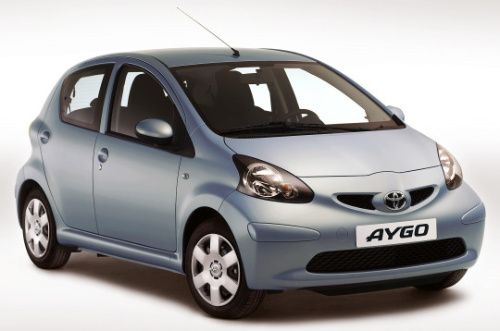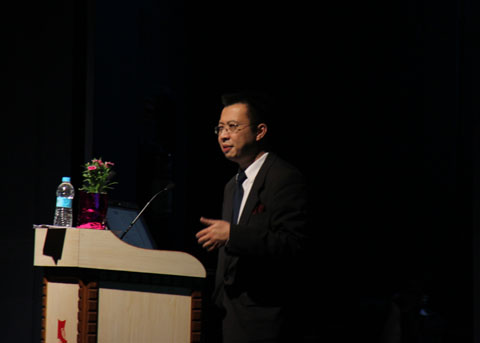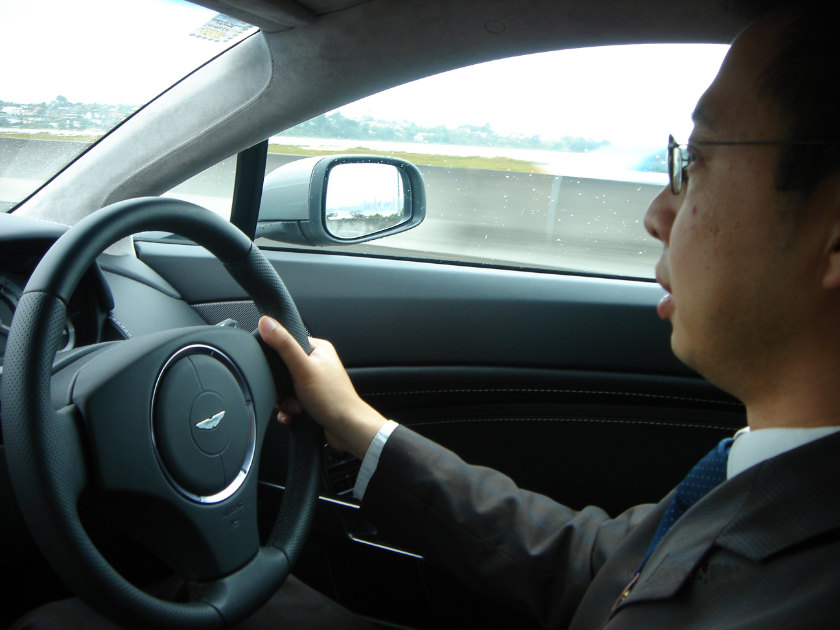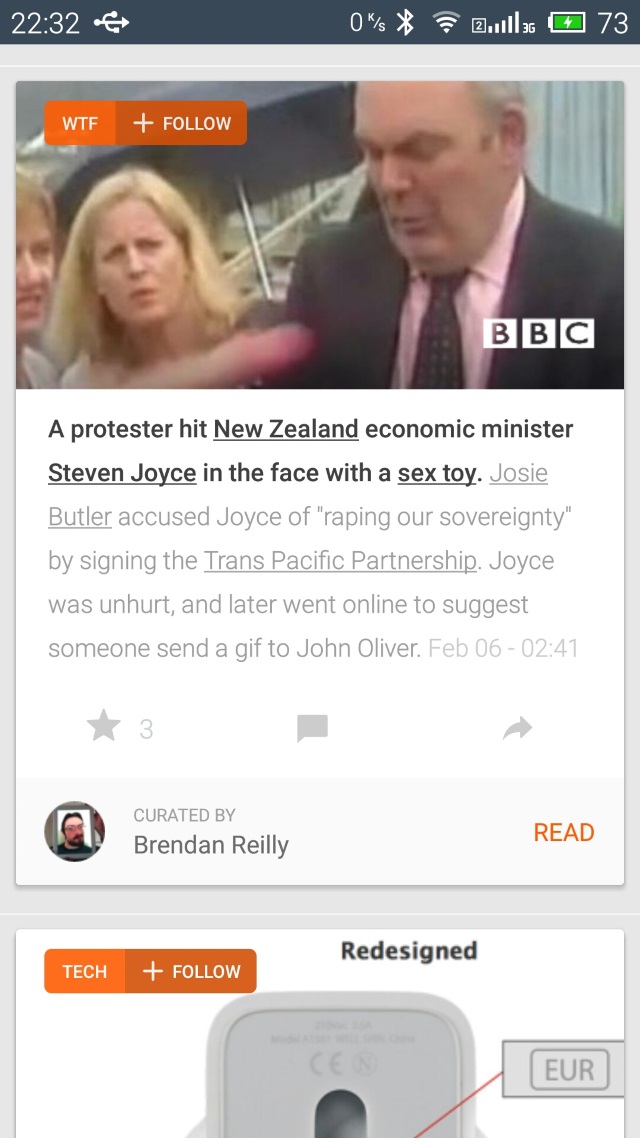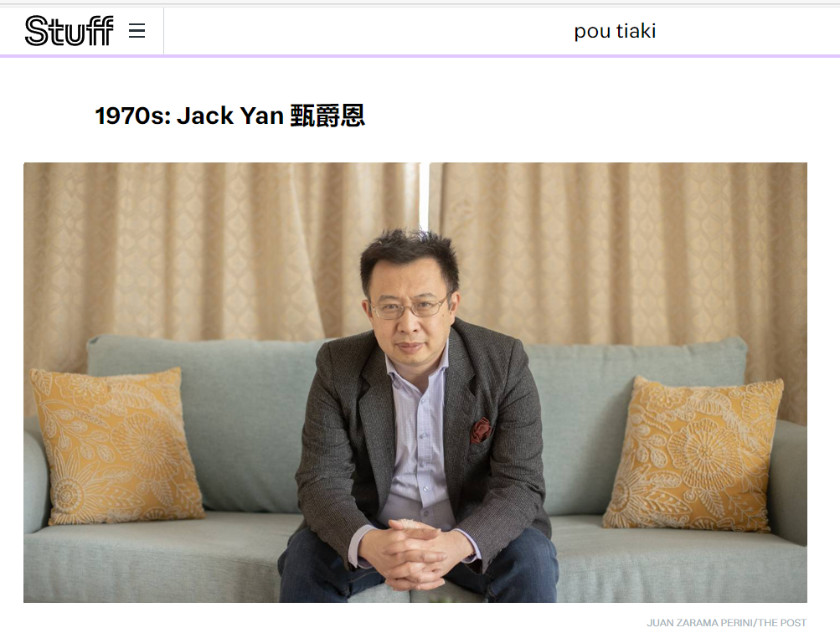
I take my hat off to Eda Tang of The Post (formerly The Dominion Post) for highlighting six Chinese New Zealanders and our reo tūpuna (ancestral languages). As many of us said last year (and for many years prior) during “Chinese Language Week” (NZCLW), it’s not all about Mandarin, a relatively new tongue that lacks the antiquity of some of the ones covered by Eda in her article.
Last year I still recall the organizers of NZCLW doubling-down on Mandarin being the only language it promoted, while those of us who could highlighted the language colonialism taking place in the old country—and how incensed we were that it was being willingly imported here by a mostly white organization. This no doubt resonated with many New Zealanders who understand what had happened, and continues to happen, with te reo Māori.
Inside China, social media channels and online videos in non-Mandarin languages were being deleted and kids were getting punished for speaking their reo tūpuna at school.
During the première of I Am What I Am, the NZCLW organizers were unaware that it would be shown in Cantonese—which actually was the dialogue that the sound editors worked with when the film was being put together. This was during the heightened media coverage in 2022 when they continued to double-down.
Now I see they have claimed our mahi as their own when getting funding, without credit to the many Chinese who spoke up against a New Zealand event taking the position—not to mention the money—of the Chinese Communist Party.
Still, we push on. I see Eda’s article in the same vein as our activities last year: a strong reminder in the mainstream media that it’s not just Mandarin that shapes Chinese languages in Aotearoa. If I recall correctly, only 34 per cent of Chinese speakers here use Mandarin. Yes, it is the number-one language now, having supplanted Cantonese in the top spot. But that leaves two-thirds who don’t speak Mandarin. And many of those are celebrated in Eda’s article. Meng Foon’s ancestral language is Taishanese, same as me. It used to be the second-most spoken Chinese language in Aotearoa.
Bob Han and his Mongolian appear next—a fascinating language which I know very little about. I’m next with Cantonese: despite Taishanese roots on my father’s side, Canto is what I associate with most. My friend Yong-Le Chong is profiled with Hakka—he also speaks Hokkien and Cantonese. Julia Zhu’s Teochew (Diojiu) is next and some of her experiences of abuse by Mandarin-speaking customers is heartbreaking.
Finally, Weichu Huang, a native Mandarin speaker, also has their struggles with the language. Just because they speak the official language of the Party doesn’t mean they have it easy.
As these languages are often mutually unintelligible, they aren’t dialects. They are languages, far, far more distinct than Danish from Swedish. You couldn’t remake Brøn very easily with a Cantonese speaker and a Mandarin speaker, not without introducing a third cast member as a translator, or making sure that the characters had a back story where they learned the other’s language. These days, in Hong Kong, young people do take Mandarin as their second language, and that is only prudent given what surrounds them.
But for those of us here, it’s not only respectful to recognize our whakapapa, but it’s actually useful. Heading to Hong Kong for business? You might be better off learning Cantonese. Dealing with some of the Chinese diaspora in the Philippines? Hokkien might be wiser. (I remember when I met Ben Chan of Bench there, he seemed disappointed when he learned I was a Cantonese, and not a Hokkien, speaker.)
Recently I had a conversation with a very well known and respected Chinese American businessman, and discovered off the bat that we both had Taishanese heritage. I won’t name him as he hasn’t made this known himself. These experiences all serve as reminders that there’s no single, homogeneous “Chinese”, just as there’s no single, homogeneous “European”.
Speaking of heritage, it’s worth remembering that Leslie Charteris, the half-Chinese creator of the Saint, had the surname 殷 (Yin, though it does romanize as Yan under Wade–Giles). His father, 殷雪村, was from Xiamen. Now can we please get someone like Henry Golding to play Simon Templar instead of yet another white dude? As a half-Chinese guy with a Jewish name, he’s Hollywood-friendly.
